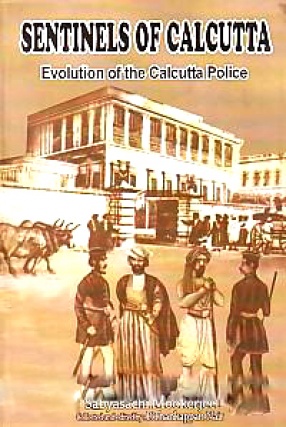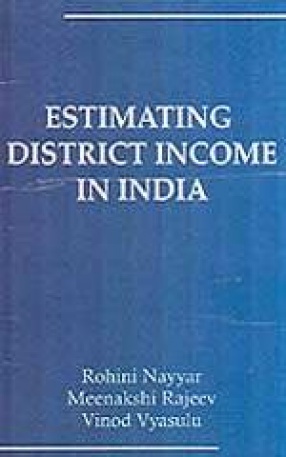A sex worker, as we know her today, is defined by her work. She is socially useful reproductive labour: a gendered proletariat.
Through a political–economic analysis of prostitution, this book examines whether sex work is generative of value, and renders problematic the dimension of ‘work’ in sex work. It traces the history of sex work through the colonial and postcolonial period, and the transformation of the role of the state from a penal to a watch-care model of surveillance in the wake of the AIDS scourge.
With sex workers’ movement in Sonagachi, Kolkata, defining the context, the book deploys Marxian categories of use value and exchange value and the dual in concrete labour and abstract labour to explore the case. It presents a critical observation on agency that the sex workers’ movement claims to have obtained. Delving into the case, the book provides a close reading of sex workers’ manifesto to reveal the fault lines that make incorporation of the prostitute in worker–citizen complex always incomplete.






There are no reviews yet.